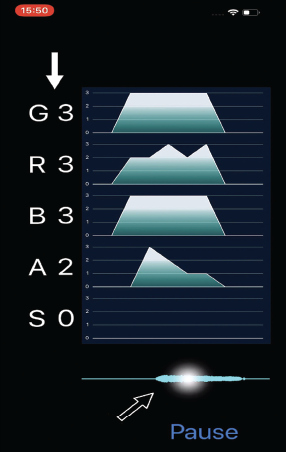The endoscopic endonasal transsphenoidal approach is an effective technique commonly utilized for resection of sellar and parasellar lesions.


The endoscopic endonasal transsphenoidal approach is an effective technique commonly utilized for resection of sellar and parasellar lesions.

A new clinical trial aims to find out if sentinel lymph node biopsy or elective neck dissection is the best management option for early-stage oral cancer.

As evidence linking hearing loss to cognitive decline mounts, researchers and clinicians are starting to explore whether automated, self-administered cognitive screening tests should be added to routine workups of patients seen in busy otolaryngology practices.

There is no meaningful advantage to justify using tranexamic acid as a best practice measure in rhytidectomy.
Current heterogeneity in peritonsillar abscess management includes differences in workup, investigation, and post-discharge analgesic prescription.

Otolaryngology experts examined important clinical questions in five areas—from antivirals for newborn hearing to tonsillar cancer—during the Triological Society’s “Best Practices” session.

The purpose of this research is to facilitate the use of a deep-learning architecture with the GRBAS scale in clinical practice.

Transoral thyroidectomy can be safely performed in a select group of patients. Here are its unique advantages and guidance on when it should be used.

Pulmonary function testing is useful in the evaluation and management of subglottic stenosis because it provides a precise and objective functional assessment of obstruction.
The voice and airway presentation of patients with FMS, IBS, and/or CFS suggests that these disorders may be different clinical manifestations of a shared pathophysiology.